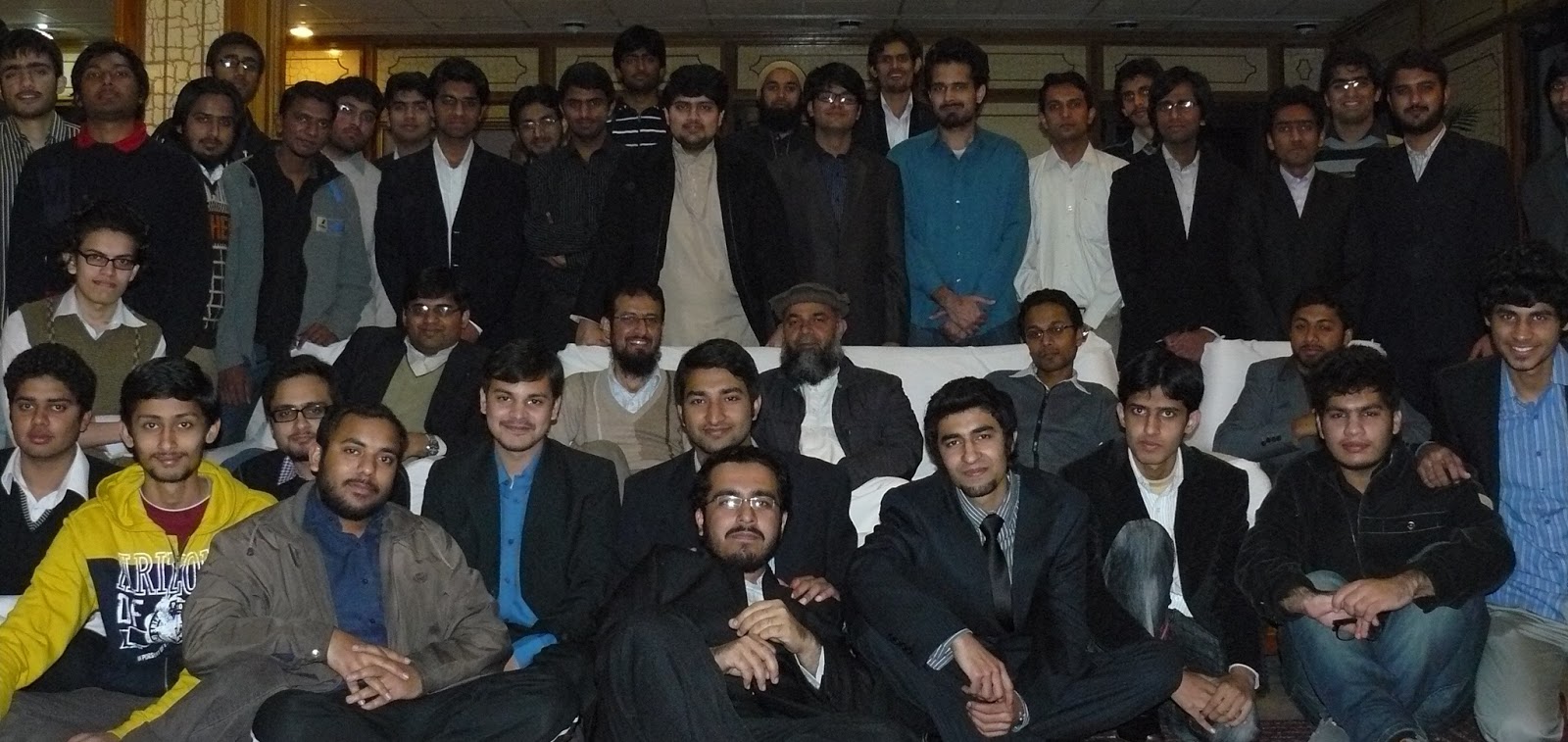The nations of the world and especially developing countries like Pakistan have been plundering the worlds natural reservoirs of fossil fuels with utter regard for the consequences their actions might have. With the world’s seemingly endless supply of resources dwindling, it is clear that soon we will no longer be able to rely so heavily on the bounties of the Earth with such impunity. According to a cautious appraisal, the fuel will run out from the world in few next decades. The natural gas is anticipated to vanish by 21 years from Pakistan and by 2042 from mines of rest of the world.
In this alarming situation, the development of alternate energy resources and energy efficient systems, maximized use of recycled products is desperately needed. Being students of Engineering,
we can contribute towards the world’s future. You can think shrewdly, sagaciously and above all sensibly.
GREEN IDEA CHALLENGE, GIC, is an opportunity for you to be able to make a difference and present your ideas that may have a positive influence not only on you but on the lives of those around you.
Why should I participate in GIC?
Young undergrads, like you, have many ideas and projects that address the current problems of energy crisis, pollution, but they never get them off the ground due to lack of capital. The GIC gives these ideas a chance to grow into entrepreneurial ventures by awarding substantial prize money to the team with the most innovative and feasible idea.
Who can participate?
The students from all engineering universities are eligible to apply. The students from mechanical engineering background are particularly encouraged to compete. The final year students can also bring their Final Year Projects in GIC.
Which sort of ideas can I bring to GIC?
We are looking for ideas that will not only encourage green energy or conservation but are also sustainable business models.
Look around, the problems we face every day are right there!! Now it’s up to YOU to be able to identify them and come up with a way to erase that problem. Remember all revolutions begin as small, simple ideas, and the idea to start the GREEN revolution just might be YOURS!!!
We are expecting you to give not only the basic notion but also how will it be advantageous if your idea is implemented. E.g. it may be something related with carbon credits, or it may be something as simple as to properly insulate homes from heat and cold to reduce its electricity and gas consumption. In such case, you may present expected results that how much percentage of electricity can be saved if your plan is implemented. Of course, we are not expecting here accuracy, but your calculations should be able to convey a trivial indication of cost -effectiveness of your system.
Categories:
Although there is no restriction, you may choose any of the following categories to work on:
(1) Energy Efficient Systems:
To enhance the efficiency of any work producing or work consuming cycle is one of the basic tasks of an engineer. You can give your ideas to minimize the energy transfer losses. You may target at reducing the irreversibility .This is a titanic field asking for improvement.
(2) Use of Recyclable Products:
Now a days, it is not advisable to use drinking water at car washing stations ,it says in the paper. Similarly, you can prevent waste of potentially useful materials and reduce the consumption of fresh raw materials. Introduction of products that can be used again with little processing is the need of the day.
(3) Environment Friendly Products:
Global warming, hole in ozone layer and increase in Carbon Dioxide Concentration are all stories of after the industrial revolution. The average temperature of the earth has gone up by 1.40F, the two-third of which took place after 1983.You can bring the economic systems about proper disposal of wastage of factories or can give innovative ideas about use of environment friendly products










